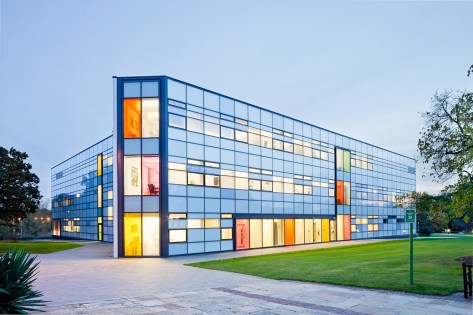@learninggains presented their latest research on Tuesday 12 March 2019, whereby the slides are available here.
Lessons learned from 200K students and 2 GB of learning gains data Birmingham, Learning Gains conference 12 March 2019 https://twitter.com/LearningGains https://abclearninggains.com/ The results of the ABC project were made possible due to Simon Cross, Ceri Hitching, Ian Kinchin, Simon Lygo-Baker, Allison Littlejohn, Jekaterina Rogaten, Bart Rienties, George Roberts, Ian Scott, Rhona Sharpe, Steve Warburton, and Denise Whitelock.




